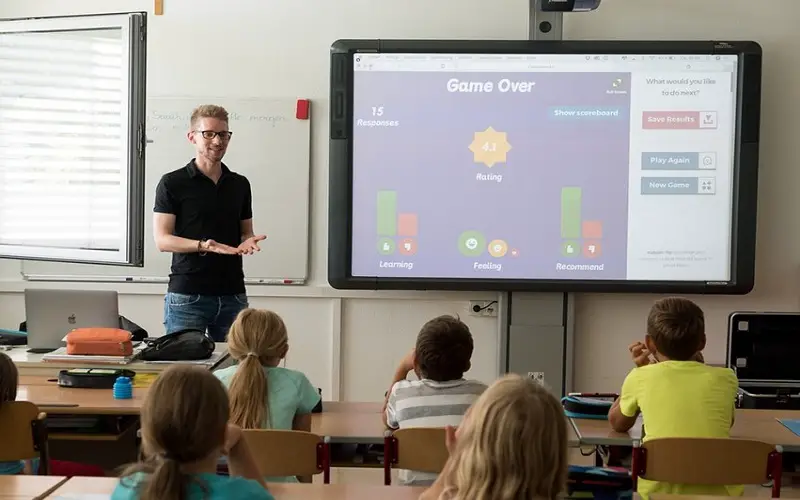Being a great teacher takes a lot of work. It’s not just about standing in front of a classroom and lecturing students for hours on end. There are many different things that go into being an effective educator. This blog post will discuss the qualities that make up a great teacher.
Learning The Craft
If you want to be an educator, you need to learn all the ins and outs of the job. The people working at Plenty Training know how important it is to be able to convey all your knowledge to younger generations. If you learn the best possible methods for that, you’ll be a beloved teacher.
Learn about how to explain things in a way that your students will understand, learning the craft as a way to be a great teacher. When you have the ability to share your knowledge in an understandable way, your students will benefit greatly. Not only will they better understand the material, but they’ll also be more likely to remember it later on.
It’s also important to be understanding of the different learning styles that your students may have. Some students learn best by listening to lectures, while others might prefer to read texts or work on projects.
Engaging With Students
You must be able to engage with your students in order to be a great teacher. If you cannot do this, then they will not want to learn from you. There are many ways to engage with students. You can ask them questions, have discussions, and use technology.
If they feel like they’re part of the learning process, they’re more likely to want to learn. When engaging with students, you should also be encouraging and positive. This will make them feel good about themselves and the class. Overall, engaging with students is a great way to be a great teacher.
For example, engaging with students can help you get to know them better, build relationships, and understand their needs. It can also help you create a more positive learning environment.
Good On Social Skills
There are various social skills every teacher must have. These are the following:
- good verbal communication
- good nonverbal communication
- good listening skills
- good problem-solving skills
- good people skills
- good collaborative skills.
Each of these social skills is important in different ways and plays a vital role in a teacher’s ability to connect with their students, build relationships, and create a positive learning environment. Let’s take a closer look at each of these social skills and why they’re so important for teachers.
Being A Good Communicator
Teachers must be able to communicate with their students effectively. It is important that teachers can express themselves clearly so that their students can understand them. Teachers should also be good listeners so that they can understand what their students are saying.
Good communication skills are essential for building relationships with students. When teachers and students are able to communicate well with each other, it creates a positive learning environment. Students feel respected and valued, and they are more likely to be motivated to learn.
There are many ways to improve communication skills. One way is to attend workshops or courses that focus on communication. Another way is to practice communicating with others in everyday situations.
Applying Different Methods
A teacher must be able to tell if a method is working or not, and if it’s not working, be able to try another method. There’s no one perfect way to teach because every student is different and will learn differently. The best teachers are the ones who know how to adapt their methods to each student.
Some students are visual learners and will learn best by seeing things demonstrated or by using charts and graphs. Others are auditory learners and will benefit most from hearing explanations. Some students are kinesthetic learners and need to be up and moving around to really understand something. And some students are a combination of all three.
Being Respectful
Teachers must respect their students in order to be great teachers. It is important to remember that each student has different needs and perspectives, and it is the teacher’s responsibility to create a learning environment in which all students feel respected.
There are many ways to show respect in the classroom, such as using positive language, being fair and consistent with expectations, and being open-minded to different points of view. When teachers show respect for their students, it fosters mutual respect that can lead to a more positive and productive learning experience for all involved.

Teaching is a fantastic and fulfilling career, but if you want to do it right, you need to learn the craft. Make sure to know how to engage with students and work on your social and communication skills. Apply various methods until you find the right one and be respectful toward your underlings!

